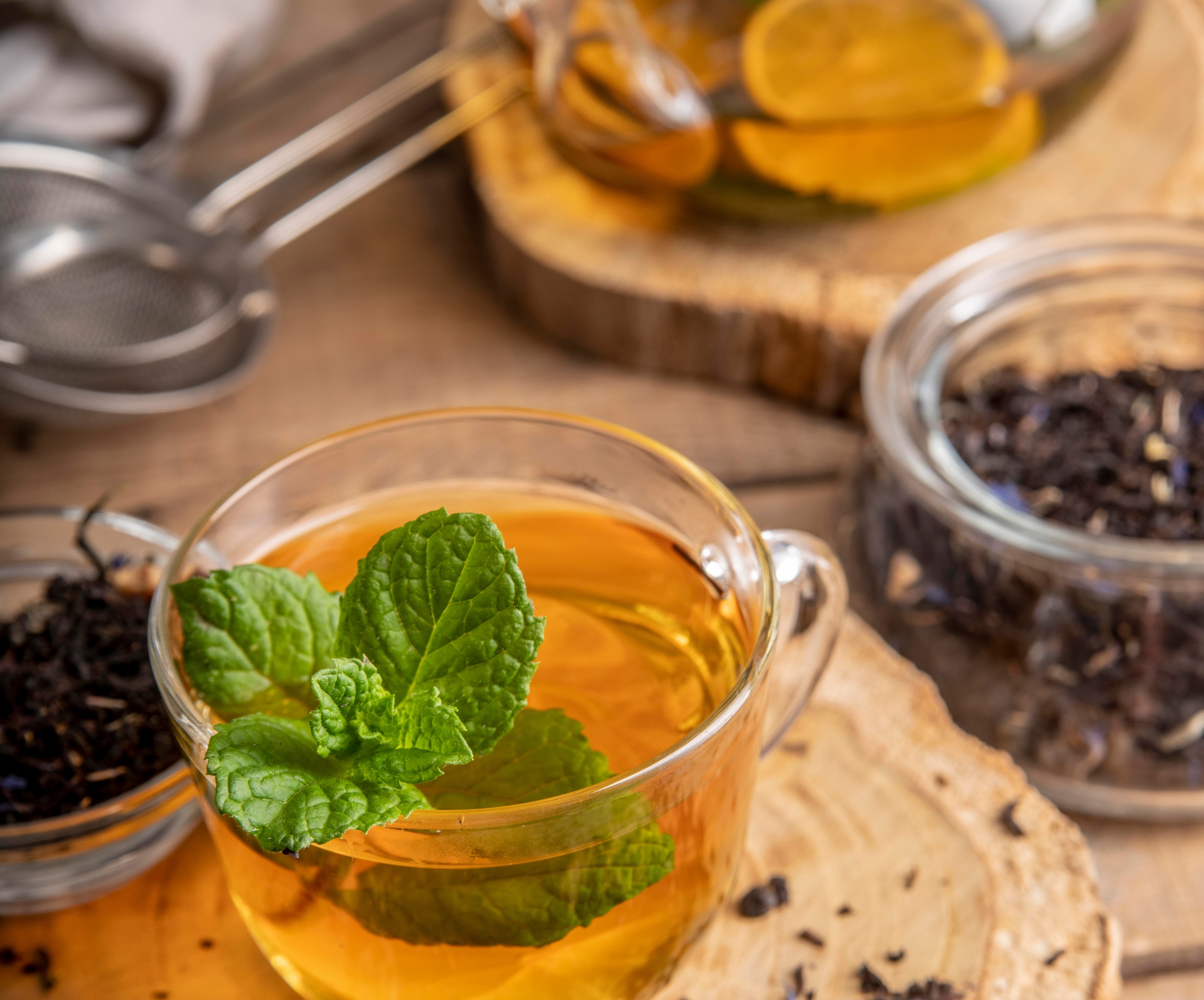

A cup or two of herbal tea can work wonders: warming your body from the inside, helping you unwind after a busy day, and filling your home with a soothing aroma.
Many herbs actually thrive indoors during the colder months, so I’ve chosen a few of my favorites for you to try. The great advantage of growing herbs on a warm windowsill is that you can easily pick fresh leaves for a calming cup of tea without stepping outside.
All of the herbs I’ve selected will flourish in containers indoors with a bit of basic care. Harvest them as needed, and they’ll continue to provide fresh leaves even through the winter.
Peppermint (Mentha x piperita)
Peppermint is perhaps the most well-known herb for tea. Its leaves are packed with aromatic oils that make for a delicious brew, and it’s incredibly easy to grow. Plant it in a container with well-draining soil, water it, and place it in a well-lit area. Let the soil dry out between waterings. Peppermint tea can help alleviate stomach aches, heartburn, and indigestion.
Lemon Verbena (Aloysia citrodora)
Lemon verbena is a tropical herb that prefers to spend cold winters indoors. It thrives with ample sunlight, well-draining soil, and a light touch when watering. The foliage releases a fresh, sweet lemony fragrance, and the tea made from it can help with colds, fever, and digestion.
Lemon Balm (Melissa officinalis)
Lemon balm is a hardy member of the mint family. For indoor growth, I recommend treating it similarly to peppermint. This herb releases a subtle citrus aroma when its leaves are crushed, creating a fragrant and healing tea believed to ease anxiety, headaches, and promote better sleep.
Basil (Ocimum basilicum)
Basil brings a sweet, peppery flavor to dishes and also makes a refreshing tea. Plant it in well-draining soil and place it in the sunniest spot indoors. Water it when it shows signs of wilting, and it will reward you with plenty of fragrant foliage. Basil is said to boost the immune system and combat bad breath. For a more rounded flavor, steep the tea slightly longer than other herbs.
Thyme (Thymus vulgaris)
Thyme is a hardy herb packed with antioxidants. Treat it as you would peppermint indoors, providing a sunny windowsill and allowing the soil to dry out between waterings. Thyme tea is great for soothing a sore throat and relieving stomach bloating.
Once your indoor herb garden is established, all that’s left is to enjoy your harvest. Making herbal teas from fresh leaves is simple—just take a handful of leaves (feel free to mix several herbs), pour boiling water over them, and let the tea steep for up to five minutes. The longer it brews, the stronger the flavor.
With a warm cup of tea in hand and the steam rising, it’s time to relax and savor the moment.

